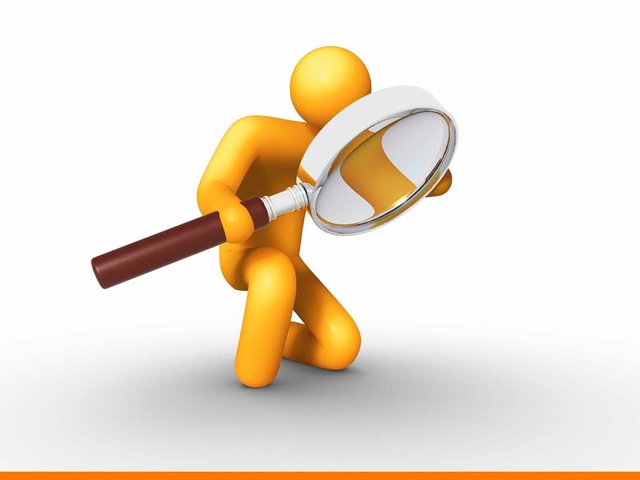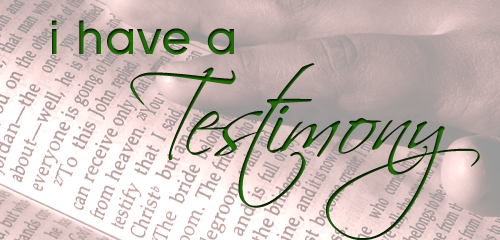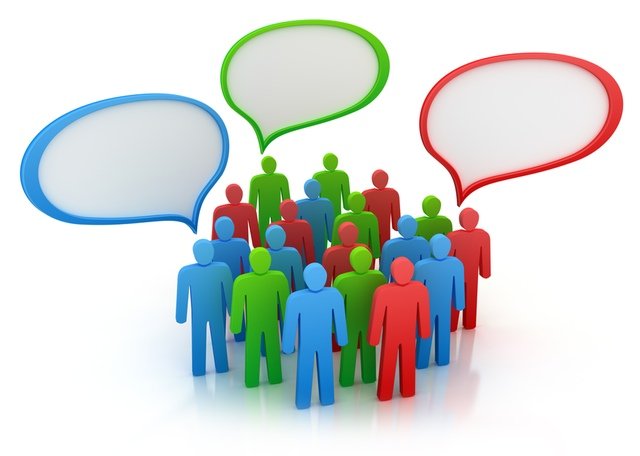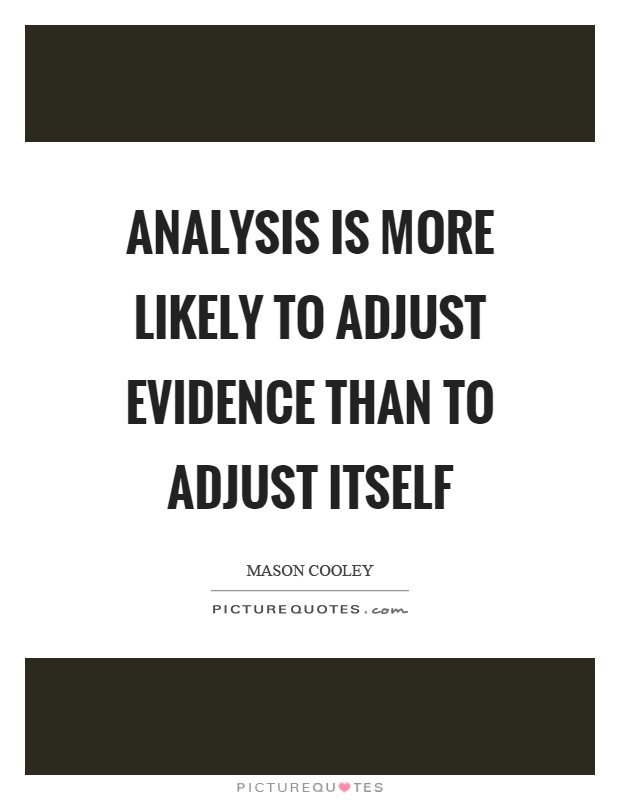What is Evidence?
What is Evidence?

Image Source
To express an opinion is to inform others what we think regarding something; to display evidence is to demonstrate others that what we think bodes well. Being demonstrated is substantially more fascinating and amazing than being told, we've all known this since review school. Why, at that point, does as such much written work and talking comprise of heaping one opinion on another, with next to zero evidence offered in help of any of them?
One reason is that the human personality is a veritable opinion manufacturing plant, so the vast majority have a wealth of opinions to share. Another reason is that individuals have a tendency to recall their opinions and overlook the procedure by which they got them, much as understudies recollect their last grade in a course long after they have overlooked the tests and homework reviews that brought about it.
More frequently than the vast majority of us would care to concede, when approached to help our opinions, we figure out how to create just the flimsiest of evidence. We may alleviate ourselves with the idea that a thick envelope of evidence lies misfiled in our psyches, however the genuine plausibility remains that flimsy evidence was all we at any point had. Critical thinkers are enticed to submit a similar self-deception that maladies others, yet they have taken in the benefit of opposing that temptation.
More vital, they have developed the propensity for checking the quality and amount of the evidence before framing an opinion. Likewise, they review their evidence before communicating an opinion. The additional time this takes is more than compensated for by the certainty that originates from recognizing what really matters to them.

Image Source
Kinds of Evidence
To assess your own particular and other individuals' opinions, you should comprehend the different sorts of evidence. This involves knowing the esteem and impediments of every kind, and in addition the proper things to ask.
Personal Experience
Personal experience is the one sort of evidence we don't need to go to the library or the Internet to get. We convey it with us in our psyches. Consequently, it has a tendency to apply a greater influence than different sorts of evidence. The people we've met, the circumstances we've been in, and the things that have transpired appear to be more bona fide and important than what we have just heard or perused. We are sure about our personal experience.
Unpublished Report
Unpublished reports are stories we get notification from other individuals, frequently alluded to as babble or gossip. The most concerning issue with such reports is that it is hard to affirm them. As a rule, we don't know whether the stories are used or third-, fourth-, or fiftiethhand. Also, stories have a method for changing as they are passed from individual to individual. The general population who rehash them may not be unscrupulous; they may, truth be told, endeavor to be precise yet then accidentally forget a few words, include others, or change the subtle elements or the request of occasions.
Published Report
This sort of evidence is found in a wide assortment of published or communicate works, from academic books, proficient diaries, and reference book articles to magazine or daily paper articles, news communicates, and radio or TV critiques. In academic works the wellsprings of the material generally are painstakingly reported in commentaries and bibliographic references. In nonscholarly works, the documentation might be informal, fragmentary, or, at times, nonexistent.
Eyewitness Testimony
Since eyewitness testimony is usually thought to be the most dependable sort of evidence, you might be amazed to find that it is at times gravely imperfect for any of a few reasons. The outer conditions might not have been ideal—for instance, the occurrence may have happened late on a foggy night and the eyewitness may have been some separation away. The eyewitness may have been worn out or affected by liquor or medications; his or her observation may likewise have been twisted by assumptions or desires. Further, the individual's memory of what happened may have been befuddled by ensuing occasions. Such disarray can be an exceptional issue when extensive time has slipped by between the occasion and the testimony.

Image Source
Celebrity Testimony
Progressively, celebrities are seen underwriting items and administrations in plugs and infomercials. Furthermore, when they show up as visitors on radio and TV television shows, they are urged to express their personal perspectives about whatever happens to be in the news at the time. On any given day you may hear artists, performing artists, and competitors examining religion, criminal equity, training, financial aspects, universal relations, crusade back change, and brain science, among different subjects.
Expert Opinions
As you may expect, expert opinion is for the most part more dependable than a large portion of the assortments of evidence we have considered up until now. The favorable position it appreciates over personal experience is that it can for the most part address the essential inquiry of what is run of the mill and what is definitely not. In any case, not in any case expert opinion is reliably dependable. The most critical reason for trickiness is that learning in for all intents and purposes each field is quickly extending.
Experiments
There are two expansive sorts of experiments. The lab experiment empowers researchers to fluctuate the conditions and subsequently recognize circumstances and end results all the more unequivocally. One weakness of the research facility experiment, notwithstanding, is its simulation. The field experiment has the upside of happening in a characteristic setting, yet the nearness of the researchers can influence the subjects and misshape the discoveries.
Statistics
In the wide sense, the term statistics applies to any data that can be measured, for instance, the adjustments in normal temperature over some stretch of time to decide if the wonder of a dangerous atmospheric devation is happening. The term statistics may likewise be utilized all the more barely to mean quantifiable data about a gathering that is gotten by reaching, or generally representing, each person in the gathering.

Image Source
Survey
Surveys are among the most well-known instruments utilized by experts, especially in the sociologies. Since the information got from surveys are quantifiable, surveys are regularly included under the wide heading of statistics. In any case, we are thinking about them independently to feature one recognizing trademark: Surveys normally get information by reaching, only one out of every odd individual in the gathering, yet a delegate test of the gathering.
Formal Observation
There are two sorts of formal observational examinations. In isolates observation the onlooker does not associate with the people being contemplated. A kid therapist, for instance, may visit a school play area and watch how the kids carry on. In member observation the researcher is engaged with the action being considered. An anthropologist who lived with a migrant tribe for a time of months, offering dinners to them and partaking in their common exercises, would be a member spectator.
Research Review
This sort of study is embraced when an extensive collection of research has just been done regarding a matter. The reviewer analyzes all the insightful examinations that have been done and after that compresses and thinks about their discoveries. Regularly handfuls or even many examinations are analyzed. A careful review of research uncovers territories of understanding and contradiction and gives a profitable diagram of the momentum condition of information regarding the matter.

Image Source

Experience comes with time, because it says on your mistakes you learn. To prove it is necessary to have a fact. Interesting post!
Somehow, experience is still the best teacher :)
good post!! upvoted and followed too
This is an incredible post @juvyjabian! I really enjoyed reading it. I love how you structured it. Thank you!